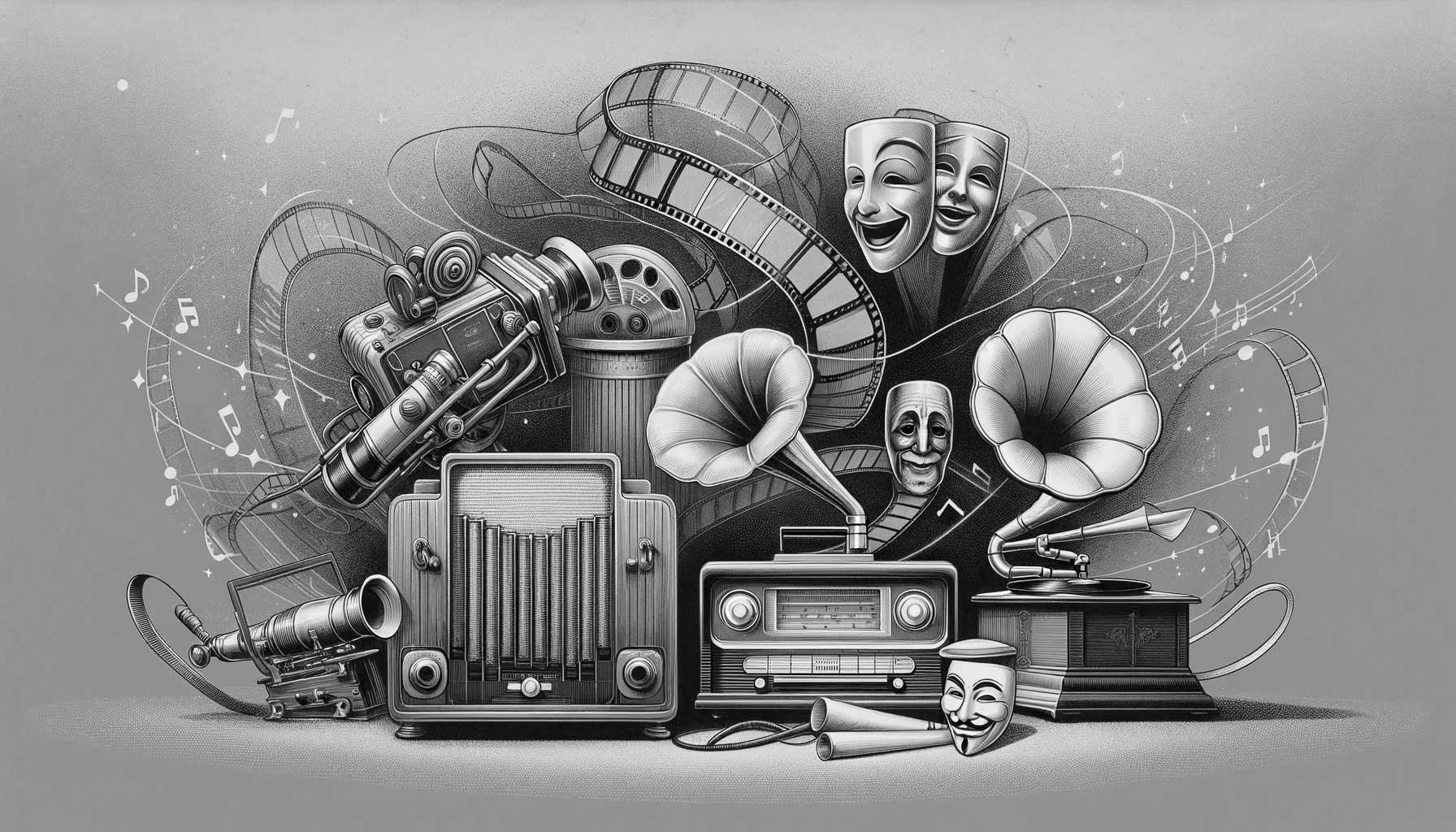Flashback to September 1
Entertainment History

1896
First cinema, 400 seat Vitascope Hall in New Orleans, Louisiana. Admission is 10 cents. The cinema uses Edison’s Vitascope projector.
Read moreOn June 26, 1896, history was made when the first cinema in the United States opened its doors to the public. Located in New Orleans, Louisiana, the Vitascope Hall marked the beginning of a new era in entertainment. With a seating capacity of 400, this cinema provided people with a unique and thrilling experience. Patrons who wanted to experience this exciting new form of entertainment had to pay a modest admission fee of just 10 cents. The legendary inventor Thomas Edison’s Vitascope projector was the innovative technology behind this groundbreaking event.
The Vitascope Hall was a pioneer in the world of cinema. At a time when moving pictures were still a novelty, this venue provided a platform for people to witness projected films for the first time. The excitement surrounding the opening of the cinema was so immense that people flocked to Vitascope Hall from all over the city.
Edison’s Vitascope projector was a crucial component of this historic event. As one of the earliest film projection systems, the Vitascope allowed for large-scale viewing of motion pictures. The device employed a powerful arc lamp that illuminated each frame of the film, creating the illusion of moving images. This revolutionary technology captured the imagination of the public, who were eager to witness this new form of entertainment.
The films shown at the Vitascope Hall were diverse, ranging from travel documentaries to comedy sketches. Audiences were captivated by the mesmerizing visuals and the ability to witness places and events that they could only dream of experiencing. The Vitascope Hall became a gathering place for people looking to share this new form of entertainment, sparking conversations and discussions about the possibilities that film presented.
The opening of the Vitascope Hall not only revolutionized the entertainment industry but also had a profound impact on American culture. The popularity of this new medium grew rapidly, leading to the establishment of numerous cinemas across the country. The cinema industry became a significant part of American culture, shaping the way people consumed entertainment and influencing their perceptions of the world.
The success of the Vitascope Hall also paved the way for advancements in filmmaking. As the demand for motion pictures grew, filmmakers sought to push the boundaries of the medium. They experimented with storytelling techniques, cinematography, and visual effects to create increasingly captivating films. The Vitascope Hall served as the catalyst for this artistic evolution and sparked the imagination of filmmakers worldwide.
The legacy of the Vitascope Hall and Edison’s Vitascope projector is still felt today. The cinema industry has become a global phenomenon, with advancements in technology continually pushing the boundaries of what is possible. From silent films to talkies, black and white to color, and analog to digital, the evolution of cinema continues to captivate audiences around the world.
the opening of the Vitascope Hall on June 26, 1896, marked a significant moment in history. This iconic event introduced the world to the magic of cinema and paved the way for the industry’s growth and innovation. Edison’s Vitascope projector revolutionized the way people experienced entertainment, opening up a world of possibilities. The impact of this groundbreaking event is still felt today, as cinema continues to captivate and inspire audiences worldwide.
We strive for accuracy. If you see something that doesn't look right, click here to contact us!

